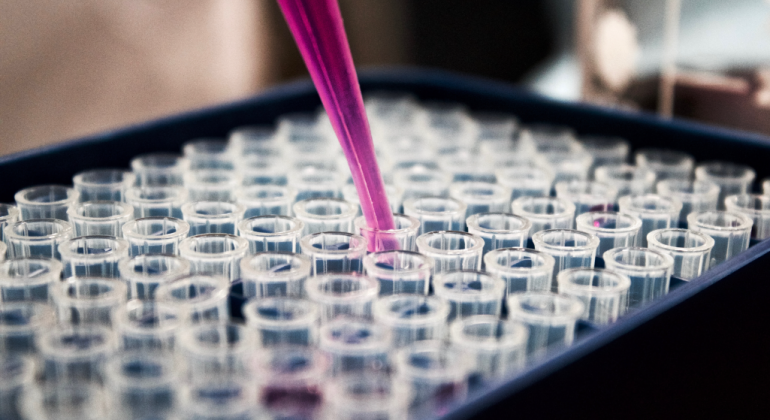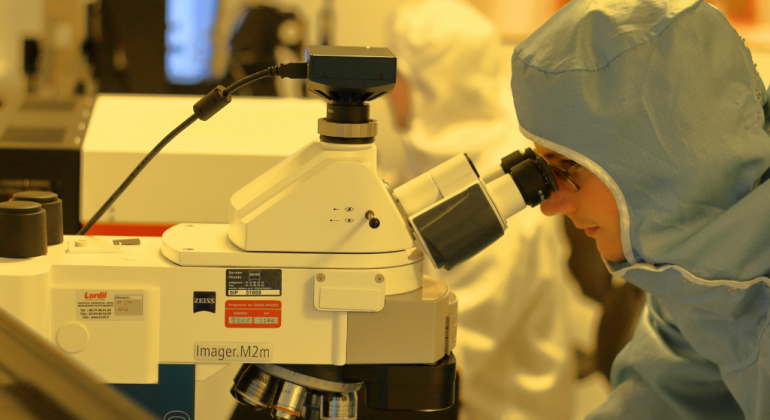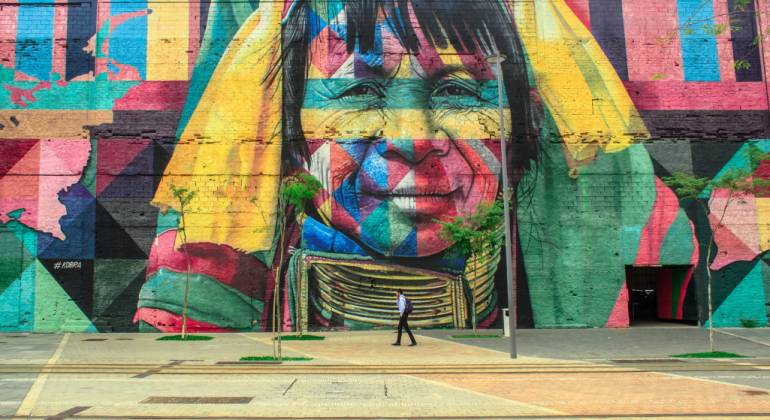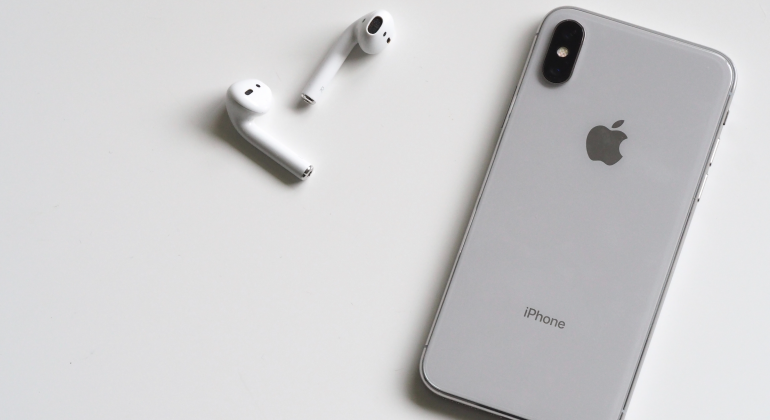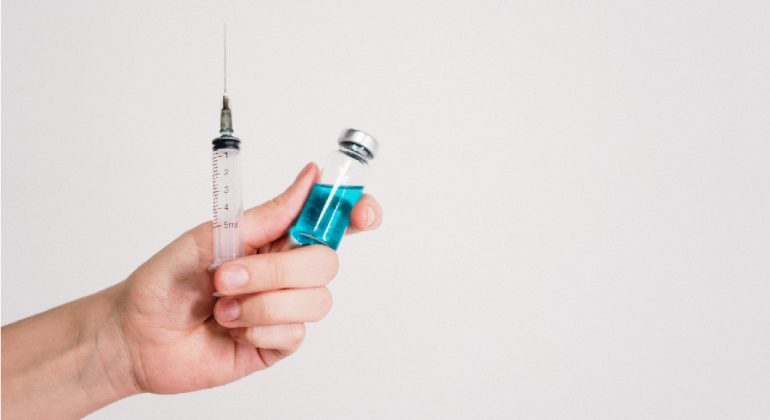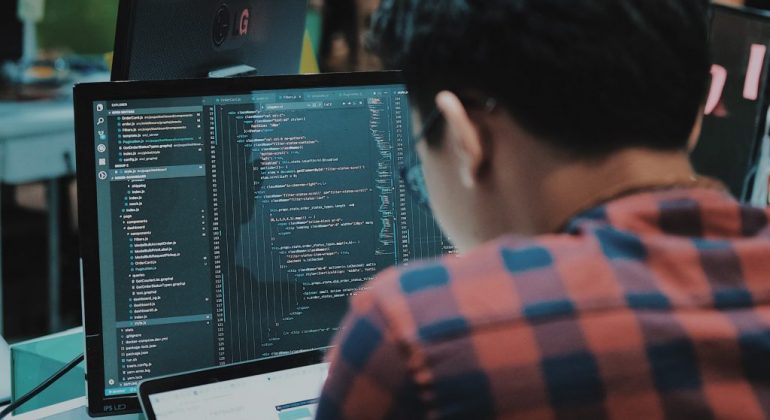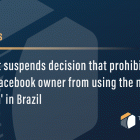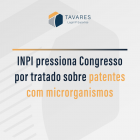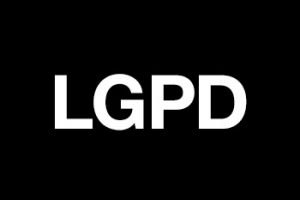Brazilian scientists intend to use artificial intelligence to detect COVID-19 through coughing
Scientists at the Butantan Institute and Fiocruz want to train the use of artificial intelligence in the diagnosis of the disease and other lung conditions. The idea of such a program is to detect sound peculiarities that could be indicative of diseases.
The research began this week and its first phase consists of volunteers sending coughing audios. With this, the database obtained will assist in the training of artificial intelligence, which was developed by Intel.
Initially, the goal is to obtain 900 audios, of which 300 of them coming from healthy people, 300 from people diagnosed by Covid-19 by exams, and 300 with other lung diseases. Among healthy people, researchers want to force coughs from people who have had no symptoms of cough, fever, or shortness of breath in the past 30 days.
Participants with Covid-19 must be confirmed by molecular testing (PCR). In this case, the researchers will also collect data such as age, symptom days, respiratory rate, oxygen saturation, among others.
Finally, for the group of people who cough without Covid-19, researchers look for diseases such as bacterial pneumonia, gastroesophageal reflux, asthma, or Chronic Obstructive Pulmonary Disease (COPD).
Only people over 18 can “donate” the cough, which should be done on SoundCov. On the website, the participant must record coughing audio (30 to 60 seconds) and then answer a questionnaire. The data collected by the survey is anonymous.
The public-private partnership was intermediated by the Competitive Brazil Movement (MBC), and also has participation from USP (University of São Paulo) and UFMS (the Federal University of Mato Grosso do Sul).
News from: Diário de Pernambuco


